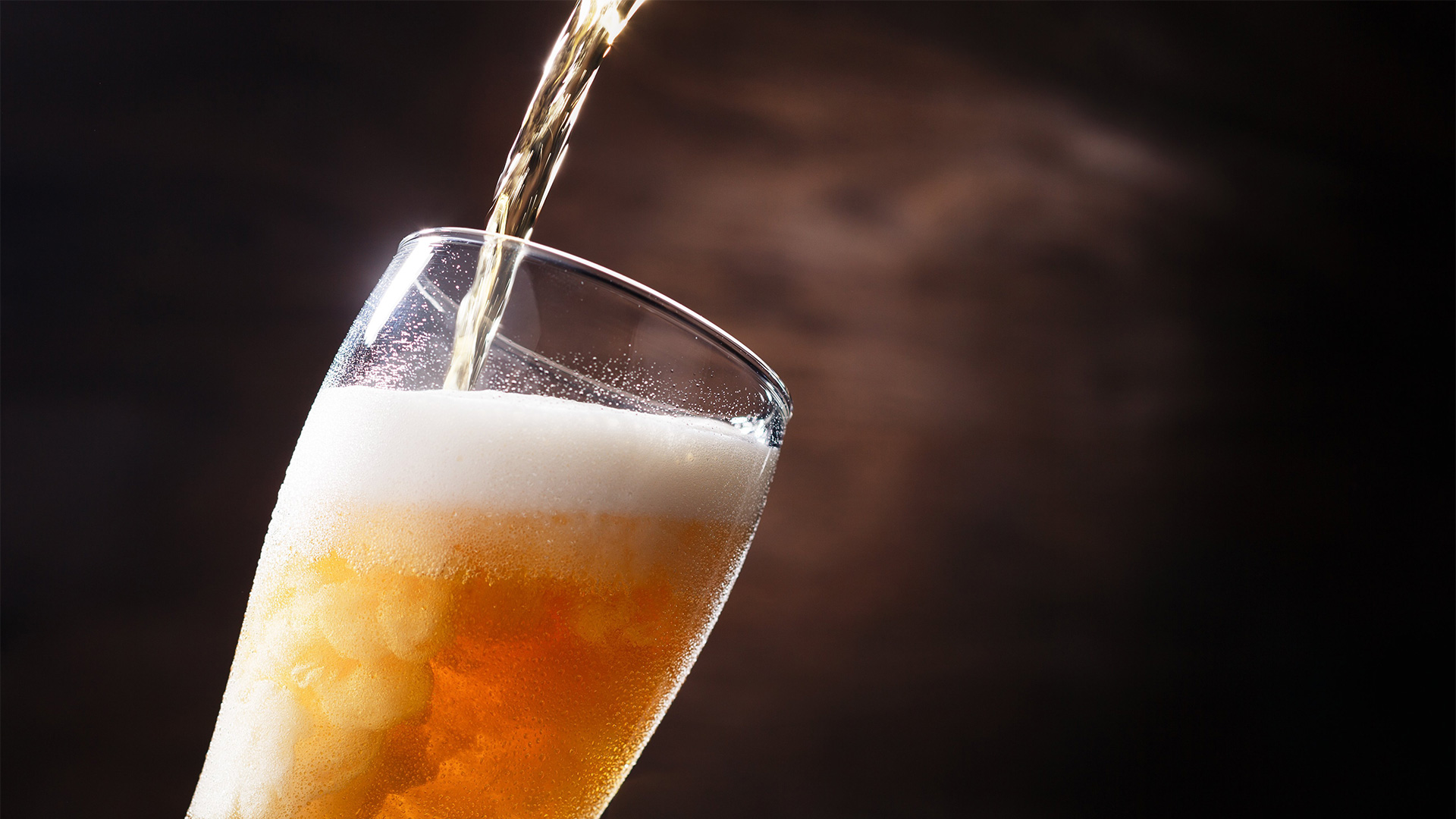
Small fragments of charred residue from a beer-making process, potentially from as early as 400 BC, suggests ancient Brits enjoyed quaffing too.
Road workers have uncovered what is believed by archaeologists to be the oldest evidence of beer being brewed in British Isles.
The accidental discovery at the US$1.5bn A14 road improvement project in Cambridgeshire suggests our human ancestors were happily quaffing away more than 2,000 years ago during Britain’s Iron Age.
While excavating, earth roadworkers on the project came across some charred fragments that appeared to be charcoal, according to the BBC. The presence of charred residue deep in the soil can indicate some sort of human activity, so the fragments were passed on to Lara Gonzalez of MOLA Headland Infrastructure, a consortium of UK archaeological companies. MOLA has been examining an area near to the road works.
An archaeobotanist, Gonzales specialises in studying ancient plants and investigating their relationship with contemporary societies. Speaking to the BBC, she said: “I knew when I looked at these tiny fragments under the microscope that I had something special.
“The microstructure of these remains had clearly changed through the fermentation process and air bubbles typical of those formed in the boiling and mashing process of brewing.”
She said the fragments were similar to bread, but showed “evidence of fermentation and contains larger pieces of cracked grains and bran, but no fine flour”.
Further investigation of the remains indicate that they date back at least two millennia, possibly as far back as 400 BC, when the British Isles was ruled by a series of Celtic tribes. If this is the case, then it is the earliest evidence of beer-making in Britain. According to The Guardian newspaper, local Celtic tribes would often brew “a type of beer called curmi” before the coming of the Romans.
Bread and porridge
Dr Steve Sherlock, Highways England archaeology lead for the A14 project, said: “It’s a well-known fact that ancient populations used the beer-making process to purify water and create a safe source of hydration, but this is potentially the earliest physical evidence of that process taking place in the UK.”
Other finds to have emerged during the road project include evidence that the ancient locals had a taste for porridge and bread.
According to Ancient Origins, a website dedicated to highlighting archaeological discoveries and latest research in the field, it is known that ancient populations have been brewing beer for at least 6,000 years – the first recipe of the beverage is from a Sumerian poem that is over 4,000 years old.
In the past this beverage was brewed to provide people with a safe drinking source. The water supplies in pre-industrial societies was often tainted or contaminated and this was a major health hazard. Ancient societies brewed beer so that they had a safe way to hydrate as the fermentation process would destroy harmful bacteria.
“The residue (discovered in Cambridgeshire) indicates that the beer was probably made from grain, most likely barley. The local area is well known for its barley and it is famous throughout the world. Hops were not available for brewing until the Middle Ages and so herbs may have been used to give the beer a better taste,” says Ancient Origins.